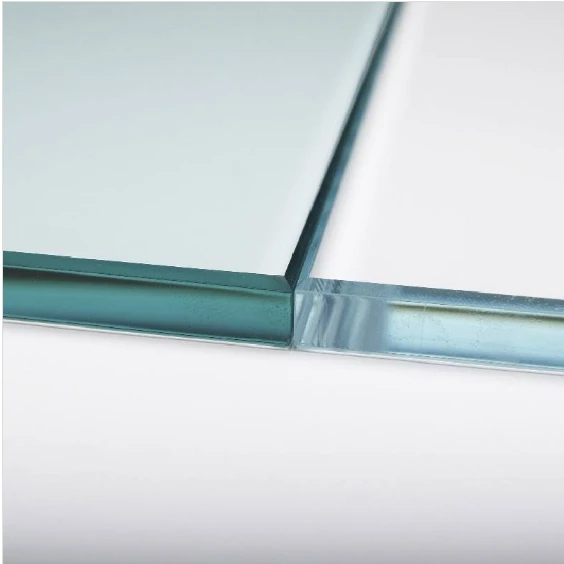Investing in tempered glass in bulk can revolutionize both the production capabilities and the product offerings of businesses ranging from construction firms to appliance manufacturers. As an industry expert with years of experience in sourcing and utilizing bulk materials, I can attest to the transformative power of tempered glass due to its enhanced properties—qualities that increase performance, safety, and cost-effectiveness for any scale of application.

Tempered glass is known for its incredible strength and safety features. Unlike traditional glass, it undergoes a rigorous process of heating and rapid cooling, which transforms its surface, rendering it four to five times stronger. This durability makes it ideal for environments where glass may be subject to physical stress, such as in architecture for windows and façades or in the automotive industry for windshields and sunroofs. The strength of tempered glass reduces the risk of breakage during handling and installation—an essential factor for businesses looking to minimize costs associated with damage and replacement.
Safety, without a doubt, is a paramount concern for industries handling glass. Tempered glass, with its unique ability to shatter into small, blunt pieces rather than dangerous shards, poses significantly less risk to users. This characteristic not only safeguards construction and installation teams but also protects end users, thereby enhancing the credibility and customer trust in a business's products. In sectors demanding high compliance with safety regulations, such as food service or public transport, adopting tempered glass in bulk translates into more efficient compliance and brand integrity.

From an environmental standpoint, the long-term benefits of using tempered glass align with sustainable practices. Its durability means fewer replacements and repairs, reducing the overall carbon footprint of production processes. Furthermore, sourcing tempered glass in bulk encourages efficiency in transportation and logistics, reducing emissions and costs per unit—an increasingly vital consideration for companies committed to sustainability.
Expertise in handling tempered glass also involves understanding its aesthetic versatility. Despite its robustness, tempered glass can achieve a sleek, modern look, making it a preferred choice for architects and designers pushing the boundaries of contemporary design. When bought in bulk, businesses can experiment with various thicknesses, tints, and coatings to customize applications in innovative ways. This not only meets specific client requirements but also sets a business apart from competitors offering conventional solutions.
tempered glass bulk
Supplier reliability is crucial when purchasing tempered glass in bulk. Establishing a relationship with reputable manufacturers not only ensures product quality but also secures a steady supply chain, protecting against fluctuations in market availability and price. An authoritative supplier can provide technical support and advice on the best practices for installation and maintenance, further enhancing a company’s expertise and operational efficiency.
Economic feasibility also plays an undeniable role in the choice to procure tempered glass in bulk. Bulk purchasing naturally reduces the price per unit, offering substantial savings over time. This financial advantage allows businesses to allocate resources to other critical areas, such as marketing or research and development, ensuring a competitive edge in their respective markets.
The conversation surrounding tempered glass and its applications is evolving with the technological advancements in manufacturing processes. Companies that invest in this material strategically position themselves at the forefront of innovation. As newer treatments and composites emerge, the potential for tempered glass only expands, promising even greater applications and benefits in industries that prioritize quality and safety.
In conclusion, the benefits of purchasing tempered glass in bulk are multifaceted, encompassing safety, sustainability, economic efficiency, and innovation. By aligning your procurement strategy with trusted suppliers and leveraging the strengths of this robust material, your business not only meets industry standards but also sets its own benchmark for quality and reliability.



